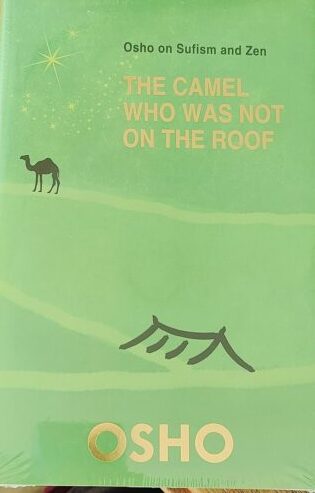Osho Talks on Sufism and Zen
“There is a lamp in you which always has been Burning and that will Burn Forever.
However many Clouds cover the Sun, they cannot extinguish it.
Remove these Clouds and the Sunshine is still there.
Only the Gentle Breeze of the Buddhas is necessary to Drive away the Clouds.
Then You will remember Who you Are.
Self-Realization is Not the Creation of the Self But rather the Remembrance of a Self
that has been forgotten, the Regaining of a Memory.” Osho
Rabindranath said: “Stop all these nonsense. I am dying un satisfied. The song I wanted to sing I have not been able to sing.
In these moments I am praying to God, “What is this? Until now I have just been able to tune the instrument. Now when the time to play upon it has come, the curtain is going to be dropped.”
Until now I have only be able to tune the instrument; I was getting ready to sing dot people. That people took the tuning for finished music was another matter. Now all the instruments are attuned to another and in harmony. Finally, fully confident, when the heart is full and ready to flow, to sing, the time to depart approaches. What irony of Fate,”
OSHO’S COMMENT
Osho comments: “Had Rabindranath been given another hundred years to live, I say that even then he would have made the same statement at the time od death. In fact, the complaint would have become more intense because in those hundred years he would have reached even greater depths. The deeper inside you go, the more difficult it is for the word to emerge.
TRUTH CANNOT BE TOLD!
